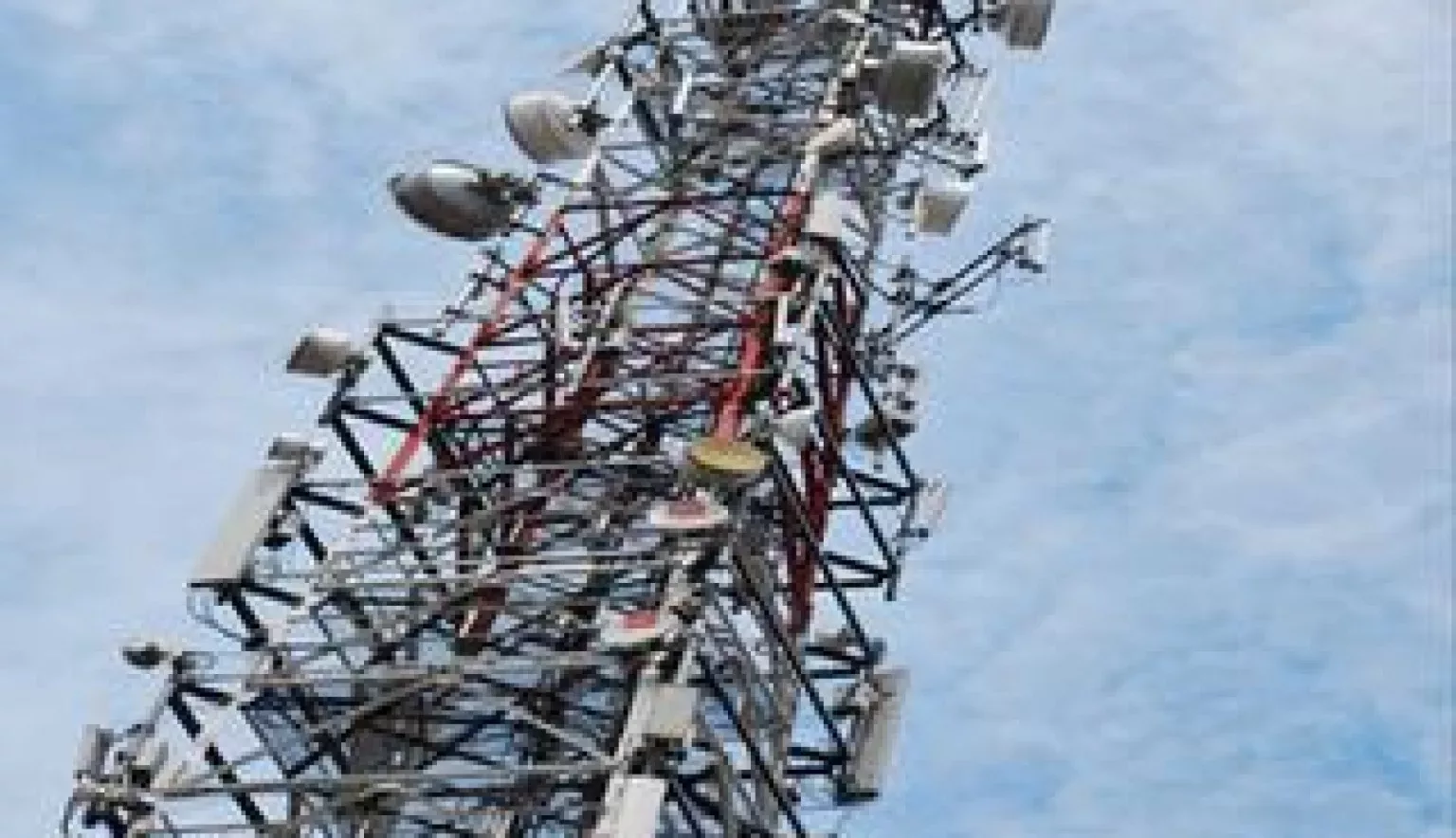Helios Towers Nigeria provides fully-managed tower sites for the telecoms industry in Nigeria. We spoke to CEO Inder Bajaj about keeping Nigeria connected.
TOWERING ABOVE THE REST
Helios Towers Nigeria puts up and maintains telecoms towers for the telecoms industry, providing an impressive guaranteed 99.99 percent uptime to clients, despite an average of just two hours grid time per day.
Founded in 2006, this Nigeria-based company builds, manages and rents tower infrastructure structures to mobile network operators (MNOs) and internet service providers (ISPs) to host their antennas, base stations and transmission equipment.
Helios Towers Nigeria’s management of towers includes security, the supply of power, batteries, air-conditioned equipment shelters and rectifiers, as well as on-site support in the event of any problems to ensure the guaranteed uptime.
Clients – telecoms companies – use the towers on a rental and lease basis and Helios Towers Nigeria has achieved an impressive average 2.8 clients per tower referred to as Colo Ratio.
“Essentially we are a telecoms infrastructure company and we invest in and manage our own infrastructure,” says CEO Inder Bajaj.
Helios Towers Nigeria commenced operations in 2006 and is the oldest and largest independent tower company in the country.
Key customers include global system for mobile (GSM) companies MTN, Airtel and EMTS.
The sector is growing and moving fast.
“Nigeria has around 25,000 towers and the number is growing by three to four thousand every year,” Mr Bajaj says.
Helios Towers Nigeria owns and runs around 1,300 and is putting up around 600 new towers per annum.
“We are a Greenfield operation, specialising in new sites and putting them up speedily,” says Bajaj. “After site acquisition it takes 60 days for a new tower to be operational and it takes 30 days to acquire a site, so it’s only 90 days total for a brand new site. We ensure delivery within five to six days to be operational for second and third customers. That is a key differentiation we offer to our customers apart from the uptime. We have a sister company Helios Towers Africa which operates in Ghana, Tanzania and the DRC.”
According to Bajaj, many telecoms companies in Nigeria are currently in the process of “commencing their process for sales and leaseback off towers to tower companies” and it “is expected to happen over the next two years.”
“It’s a win-win situation as it serves our customers as a financing option and also outsourcing to specialists while they focus on other key aspects of business,” he explains. “As the market grows, along with the leaseback sales of towers, we are positioned to increase our market percentage share dramatically. We aim to run 20-30 percent of towers in Nigeria and we aim for a very high level of customer satisfaction.”
Helios Towers Nigeria currently runs about eight percent of all telecoms base station electronics in a country whose telecoms market is growing rapidly with respect to coverage into new areas and as well as the capacity growth with usage growth in voice and data.
Nigeria is the largest market in Africa having the largest customer base of 110 million, equating to over $10 billion revenue per annum. The telecom penetration is at around 60 percent and growing which makes the market very attractive.
The secret to Helios Tower Nigeria’s success is that it hasn’t been afraid to invest big in its own infrastructure.
“To run a successful service, grid availability is vital,” Bajaj says. “In Nigeria we have only two hours a day of electricity on the grid – for 22 hours a day we need to create our own electricity and run generators.”
He goes onto explain some of the current challenges facing the industry: “The evolving industry means that we have to work around the infrastructure,” he says. “Providing our own electricity with systems of generators for 22 hours a day is no small task. This is challenging and we see the situation improving as the country invests in power generation, transmission and distribution. The other challenge is multiple permits and taxes by the local government, state governments, as well as federal government. The industry and the regulator are working towards telecoms being an essential service and the simplification of permits and taxes.
“Another challenge faced in recent times is security in select areas of the Northeast of the country. Three states were declared in a state of emergency earlier this year. Having said this, the government and security agencies have been very supportive,” Bajaj says. “But the future is bright and as coverage improves, the customer take up of mobile services will increase and, usage trends being positive, the industry is expected to grow exponentially.”
Helios Towers Nigeria is making huge headway despite the challenges and one can only imagine how far it will accelerate its market share as the market grows.
The company remains one to watch.
To learn more visit www.heliostowers.com.































